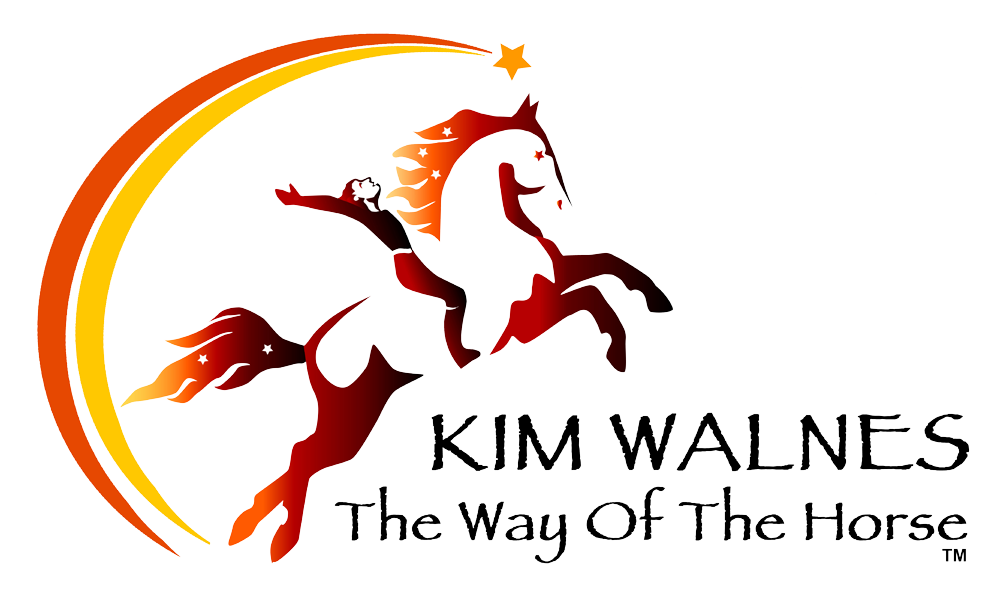To me instructing is a sacred trust.
I feel it is my responsibility to create a safe space where neither human nor horse are judged. It is my job to understand where there may be mental, emotional, or physical blocks in both, and to bring these to the awareness of the person. I address these blocks with kindness and a feel for what each individual/horse can handle in the moment. I always make it clear that I well know that everyone, both horse and human, are doing their very best in any moment.
Horses are amazing beings, and are intelligent way beyond what we are taught. I view my task to be one of translation when I step into the presence of a horse and their person. I start a session with new folks by first listening to the needs of the human. Then, looking the horse in the eye, I explain that I am there to help their person better understand them and be able to work with them in a more comfortable way. I tell them that I value their input in the session, to feel free to give us feedback in a gentle way, and that I will listen to their needs as well.
Everything changes in that moment.
The people look at me differently. The horses center their focus on me, and often ask me to fix something right away. Usually it is to remove a flash, their whole noseband, or fix a saddle issue. These horses share the feeling that even having the weight of the leather across their nose or end of their sinuses causes them mental and physical tension, resulting in a feeling of restriction. It can be a struggle for them to focus when it is difficult for them to swallow or breathe or even canter properly when their jaws cannot move freely. Some of them request that I tell their person that their browband or crownpiece is cutting into them and gives them a headache/TMJ, or to inform their rider that something they are doing in that moment is painful to them. Often these feelings come with a sense of polite desperation. The horses are so excited to find someone who can express their needs, and when I act upon their request, they are so grateful. They soften into the stillness and the balance on four legs that I tell them is necessary for their person to learn this new language that is of the body, heart, and soul.
We progress from there. Most horses know that humans are unaware of how much our tight minds, frozen muscles, and restricted breathing cause them discomfort. They compensate to the best of their abilities for our lack of understanding. They learn to ignore the ways our bodies actually block them from doing what we request, and they execute the task even though that restriction. They are tolerant of human frustration with their performance, for they know that we do not know it is we who are causing the issues.
As soon as I have introduced the process of unlocking old habit patterns in mind and body, and people have felt the difference between trying harder and trying softer, I tell them that my instruction comes with a warning label. “Once your horse knows that you know how to speak to them in this new way, that you understand that they are communicating to you with their actions, they will not let you go back.” During the further course of that first lesson, they learn exactly what this means. Their horses will start with quiet messages, but quickly ramp up if their input is not acted upon. For instance, if their person is tight in certain muscles and that causes them pain, they will fling their heads, pin their ears, tighten, drop their backs—respond in some way that makes it obvious to the person (now that they are listening) where the issue lies. I translate if there is confusion. Immediately upon the release of the offending tension, the horses reward their people with not only cessation of their action, but with a graceful response of their bodies. People are blown away.
I love the way Bo Reich captured so much in this photo taken at a clinic in Florida. I am working with the rider on the skill of asking for flexion with her body rather than just her hand. The lovely Connemara stallion, Top Gun, has listened beautifully and is in complete attunement to both me and his rider physically and energetically as I reach out to make a correction to the rider’s hand.
We humans have so many expectations…of ourselves and others. We are taught that performance is king in our society. Just the word “expectation” itself causes anxiety! Instead of expectation, we can start practicing patience and awareness…and in the process begin to understand how our horses can truly be our best teachers.

